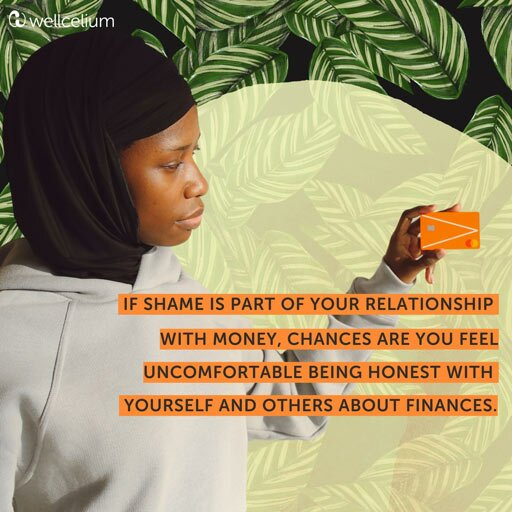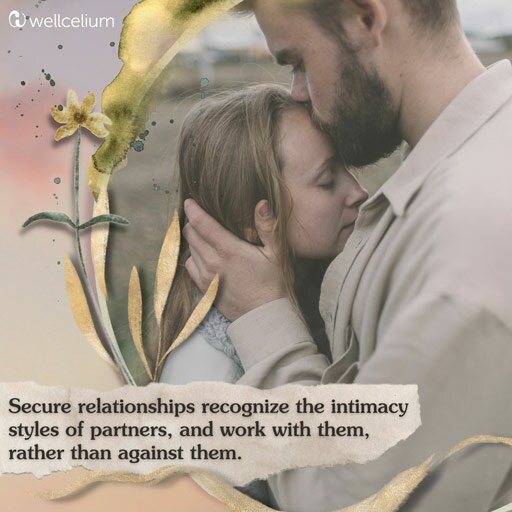Yes, yes, we know. Conflict is natural and healthy in relationship. But knowing conflict is normal doesn’t mean that it becomes easier, amirite? Why are the holidays such a time of conflict and stress, when they are supposed to be about love and celebration?
One word: expectation.
You probably have a way you think a holiday is “supposed” to feel or be. This may be a picture of joy, but it also might be an unconscious allegiance to strife. If holiday seasons in your past have been full of challenges, then you are going to believe that’s how it’s supposed to be. If holidays in your family of origin were times of peace and comfort, then that’s what you expect.
For most of us, it’s some mix of beautiful and terrible.
If you are in a relationship with a sweetie or partner, it makes sense that the two of you each bring your own set of expectations to what the holidays are supposed to be. This is hard, in and of itself. Whenever there is expectation, there is the risk of disappointment, which the holidays definitely can amplify.
Then there are the pressures!
- Hours of socialization with people you might not usually spend time with
- How (and when and for how long) each of your families expects attention
- The fun of overspending while in relationship! That might have a little impact, yes? Your person seeing any messiness you have with money, or you seeing theirs?
So are we all doomed to fight through the ‘happiest time of the year?’
Not necessarily.
The choices partners face around the holidays can create situational problems that are solvable.
- Children may insist on gifts that aren’t in the budget.
- Families may have expectations that a partner doesn’t wish to meet.
- An invitation to an event may conflict with other plans.

A solvable problem is one that you can team up with your partner to find a way through.
Relationship experts Dr. Julie and John Gottman have identified a five-step model for addressing these types of problems.
- Soften your start-up
- Learn to make and receive repair attempts
- Soothe yourself and each other
- Compromise
- Process any grievances so that they don’t linger
Basically, remembering that if you have a partner, you are in a partnership. You are on the same team, not enemies.
Why It’s Important To Resolve Family Conflict
When conflicts are handled well they can strengthen your partnership. If handled poorly they can create power struggles, hostility, resentment and emotional disconnection.
“Relationships shrink to the size of the field of repair,” says Rick Hanson, psychologist and author of several books on the neuroscience of well-being. “But a bid for a repair is one of the sweetest and most vulnerable and important kinds of communication that humans offer to each other,” he adds. “It says you value the relationship.”
Questions to ask yourself:
- What good am I receiving from this conflict?
- Who will I be without it?
- What will happen / won’t happen if I let it go?
- What emotions am I experiencing about it?
- What do I need to be able to forgive?
- How will I know when the conflict is over?
- What power does this conflict have over me?
Suggested Practice
Practicing empathy for yourself and your loved ones is key. Take a moment to imagine asking your loved one these questions, and notice what it feels like to hold empathetic space for them as you imagine hearing their responses. The goal is to practice making space for the expression of their suffering without attempting to change it or shut it down in some way, perhaps by offering explanations or advice.
-
- Would you please tell me how you’re feeling? I will just listen.
- Can you tell me more about why you’re feeling that way?
- What’s the best resolution you can imagine for this situation?
- How can I support you?
Recommended Resources
5 Steps to Fight Better if Your Relationship is Worth Fighting For by Kyle Benson, Gottman Institute
Family Conflict Is Normal; It’s the Repair That Matters By Diana Divecha, Greater Good Magazine



